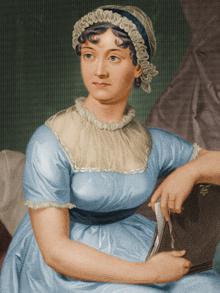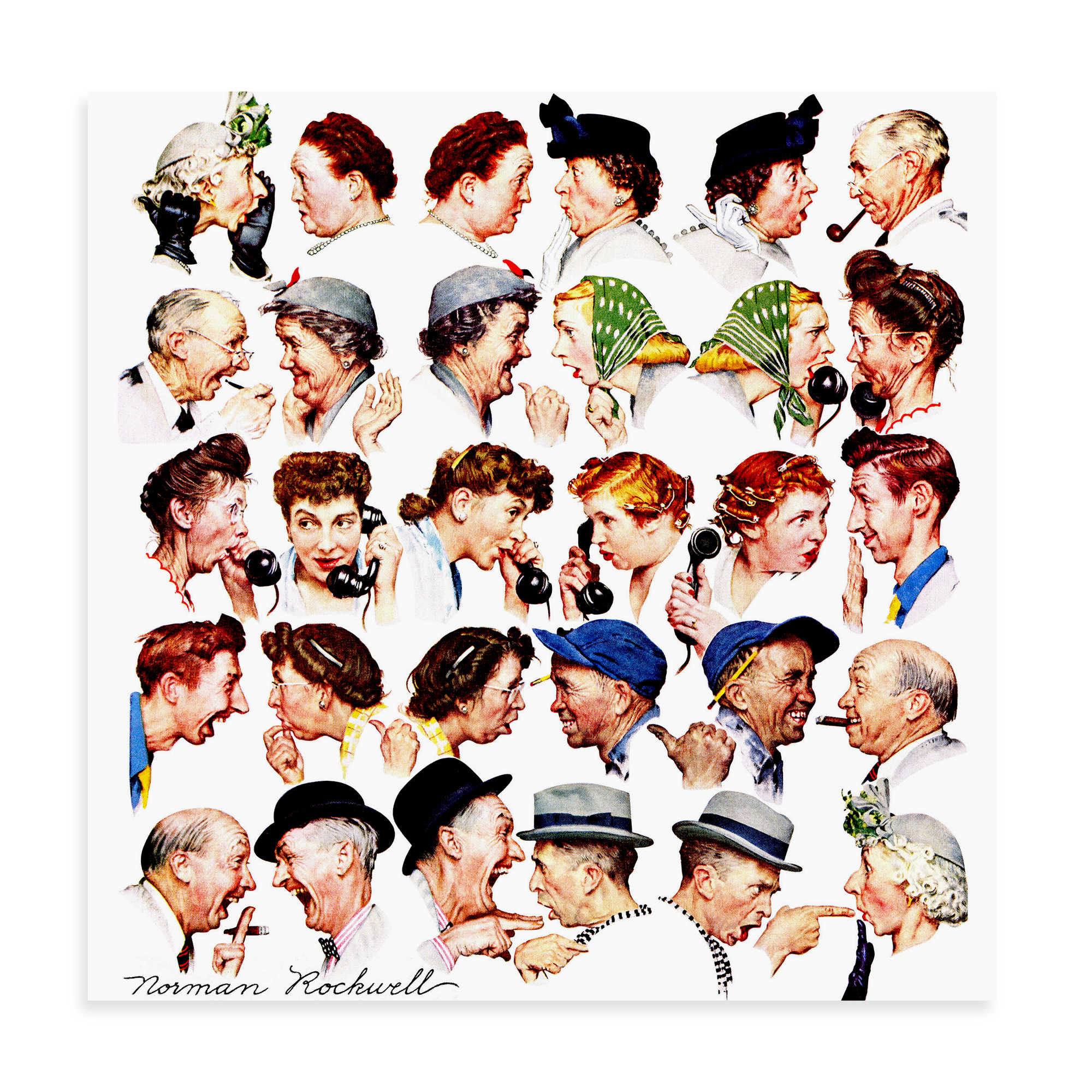The assignment was to write about a person in history that I would like to go back in time to meet. I chose Jane Austen because, as a writer myself, and seeing her works come to life through film, I would love to have known her personally. My research was done through the following website: https://janeausten.org/jane-austen-biobraphy.asp
by Danna Shirley
I
love to read. Every book I’ve read, every sentence that has passed across my mind, I find myself rewriting in a better and more descriptive way. Plots stir
in my thoughts and cry to be emblazoned on paper. Being a woman born in the
eighteenth century does not deter me from the desire of my heart and that is to
write.
Father’s love of learning and teaching filled our home with an extensive library. He encouraged me to pursue my creative side and supplied paper and writing tools. Reading spilled into my heart and writing overflowed the banks of my soul. With my brothers and one sister, Cassandra, the eight of us loved acting out existing plays and improvisations. I admit that’s when the heartthrob of writing really took root. I filled notebook after notebook with stories and poems. I realized then I had a novel inside me begging to be born. My early attempts were abandoned until I completed a work entitled Elinor and Marianne, which later became Sense and Sensibility.
Father’s love of learning and teaching filled our home with an extensive library. He encouraged me to pursue my creative side and supplied paper and writing tools. Reading spilled into my heart and writing overflowed the banks of my soul. With my brothers and one sister, Cassandra, the eight of us loved acting out existing plays and improvisations. I admit that’s when the heartthrob of writing really took root. I filled notebook after notebook with stories and poems. I realized then I had a novel inside me begging to be born. My early attempts were abandoned until I completed a work entitled Elinor and Marianne, which later became Sense and Sensibility.
Not
yet twenty, I found love circling in my heart for Tom Lefroy, a neighbor’s
nephew, but his family planned his life without me and kept us apart. Alas, if
I cannot have my own romance, then I shall surely write one for myself. And
that’s just what I did. My first draft of Pride
and Prejudice was completed in 1799.
Shortly
thereafter my father retired and moved us from the only home I’d ever known. I
was twenty-seven and considered a spinster, but here in Bath, I became
reacquainted with a childhood friend. Mr. Harris Bigg-Wither, considering the
practicality of his situation, proposed; and I, considering the sensibility of
my situation, agreed to marry him. He was to inherit a sizable amount of real
estate and was well off. His one negative, in my estimation, was my total
indifference to him and lack of love or even fond affection. I contemplated the
convenience of being provided for; however, within one day’s time, I revoked my
acceptance. I could not, in good conscience, marry for money, prestige, or
security but only for love.
Sadly,
love was not knocking on my door and
in 1805 we lost father very unexpectedly. My heart for writing had stilled and
although my brothers had made good lives for themselves, mother, Cassandra, and
I were left constantly moving from place to place renting out a portion of our
home for income. My precious brother, Edward, gathered us under his roof and in
1809 we moved into a little cottage near him.
With
my life now fully settled into a sense of security and sanctuary, my heart
began to stir again bringing words and stories to the forefront. I quickly
proceeded to revise previous attempts, one, of which, had been submitted for
publication in 1794. Lady Susan was
never published and when I approached the publisher to retrieve the copyright,
he demanded I return the ten pounds which he had originally paid. Even though I
was rejuvenated in my personal life, so to speak, I did not have the funds, and
so Lady Susan remained idle sitting
on the shelf of the shrewd Mr. Crosby.
Disappointment
did not deter me and writings poured forth. My faithful brother, Henry, doubled
as my literary agent and approached another London publisher, Thomas Egerton,
with the manuscript for Sense and
Sensibility. His agreement to publish brought my work to the public with
favorable reviews and in 1811 financial success was finally brought back to my
family.
Egerton,
having joined with my success, published my second work of Pride and Prejudice in 1813. It was an instant success with the
public and critics alike. A second printing was ordered within the year.
Mansfield Park
quickly followed in 1814. Although it was received with lukewarm reviews by the
critics, my faithful followers were supportive and another monetary success was
received. With this fresh enthusiasm, I moved from Mr. Egerton’s favor to a
more well-known publisher, John Murray, and Emma
was published in 1815.
Unfortunately,
at this time, the lost affluence of my brothers, Edward, James, and Frank left
the family in a precarious financial position. I was determined, now, more than
ever, to continue in the pursuit of my writing for its success may hinge on
supporting the whole family. Precious Henry purchased the copyright for Lady Susan from Mr. Crosby in hopes of bringing
it to final publication and further income.
With
my writing ever before me, I had neglected my health and in early 1816 I
noticed a decline in my strength and resolve. I was determined, however, to
complete my work on The Elliots,
which would later become Persuasion. By
April of 1817 my energy was greatly exhausted and I was confined to bed. In May
I was escorted to Winchester to seek medical treatment and on July 18th,
1817 I passed on taking my unfinished works with me. I was buried at Winchester
Cathedral at age forty-one.
My
precious siblings, Henry and Cassandra, took on the task of seeing my final
completed works published. Henry also revealed to the world for the first time
that I, Jane Austen, was the author of:
Sense and Sensibility (1811)
Pride and Prejudice (1813)
Mansfield Park (1814)
Emma (1815)
Northanger Abbey (1818, posthumous)
Persuasion (1818, posthumous)
Lady Susan (1871, posthumous)

